When will consumers feel the impact of falling inflation?
Prices for foods and other goods and services remain high despite drop in the top-line inflation rate

A free daily email with the biggest news stories of the day – and the best features from TheWeek.com
You are now subscribed
Your newsletter sign-up was successful
UK inflation is heading for a "marked fall" and will "keep coming down" in the months ahead, the governor of the Bank of England has predicted.
During a visit to Northern Ireland last week, Andrew Bailey told the Belfast Telegraph that so-called disinflation was set to kick into gear as energy prices begin to level off and higher interest rates reduce consumer spending, resulting in a "noticeable drop" in inflation for the year to October.
According to The Times's economics editor Mehreen Khan, economists believe that headline inflation could drop from 6.7% in September to as low as 4.9% this month, "the lowest in two years".
The Week
Escape your echo chamber. Get the facts behind the news, plus analysis from multiple perspectives.

Sign up for The Week's Free Newsletters
From our morning news briefing to a weekly Good News Newsletter, get the best of The Week delivered directly to your inbox.
From our morning news briefing to a weekly Good News Newsletter, get the best of The Week delivered directly to your inbox.
What does inflation going down mean for consumers?
People across the country have been struggling to afford goods and services as a result of soaring inflation, which peaked at 11.1% in October 2022.
Unfortunately, inflation drops do not mean that the price of goods and services will also fall, but rather that the rate of price increases is slowing. Although gas prices are dropping, latest figures show that the core consumer price index (CPI) – which excludes energy, food, alcohol and tobacco – rose by 6.3% in the 12 months to September 2023.
Chancellor Jeremy Hunt told Sky News last month that lowering inflation was "never easy", but that "the plan" was "working" overall. But it was important to avoid a "borrowing binge", he added, as there was "still immense pressure on family budgets".
Will food prices fall?
Inflation for staples "such as milk, cheese and eggs" fell for the first time in two years in September, said the BBC.
A free daily email with the biggest news stories of the day – and the best features from TheWeek.com
But food prices are "still up by more than 12% compared with last year on average", added Sky News's Data and Forensics Unit.
Food prices have surged over the last year after soaring energy prices – triggered, in part, by the war in Ukraine – drove up the cost of production and disrupted supply chains.
Store cupboard items "have seen some of the biggest price rises", according to the Sky team. A can of tomatoes now costs 74p, on average – "up 32% compared with 12 months ago". And the price of a bottle of olive oil has risen by 47%, to £6.83.
Will interest rates rise?
The Bank of England has been hiking interest rates to bring down inflation to the target 2%, but has now paused the rate rises as inflation falls.
But "we can't be complacent", the BoE warned last month, adding that "we'll be watching closely to see if further increases in interest rates are needed".
The Bank decided to hold its base rate at 5.25% last month, when the rate of inflation remained unchanged from August, at 6.7%.
Why the inflation rate matters
As inflation rises, the purchasing power of money falls. If you have £100, said Forbes, and the inflation rate over the next year is 10%, the face value of your money would still be £100. “But thanks to inflation, after 12 months you’d need to spend £110 to buy what £100 would have bought you a year earlier.”
Although high inflation is "generally considered harmful", said Investopedia, a small amount is believed by some experts to "help drive economic growth". The reasoning is that more cash "translates to more spending, which equates to more aggregated demand". And when demand increases, production also increases to meet it.
But if inflation becomes too high, the site added, "consumers trying to make large purchases may be priced out of the market". In addition, while payments such as the state pension are increased, these rises "often lag prices", so retirees and those on a fixed income may suffer negative impacts.
High inflation can also be a “disaster for your savings”, said The Money Edit. To grow your savings in real terms, you need to find a return above the rate of inflation, and “these simply don’t exist right now”.
Rebekah Evans joined The Week as newsletter editor in 2023 and has written on subjects ranging from Ukraine and Afghanistan to fast fashion and "brotox". She started her career at Reach plc, where she cut her teeth on news, before pivoting into personal finance at the height of the pandemic and cost-of-living crisis. Social affairs is another of her passions, and she has interviewed people from across the world and from all walks of life. Rebekah completed an NCTJ with the Press Association and has written for publications including The Guardian, The Week magazine, the Press Association and local newspapers.
-
 Political cartoons for February 18
Political cartoons for February 18Cartoons Wednesday’s political cartoons include the DOW, human replacement, and more
-
 The best music tours to book in 2026
The best music tours to book in 2026The Week Recommends Must-see live shows to catch this year from Lily Allen to Florence + The Machine
-
 Gisèle Pelicot’s ‘extraordinarily courageous’ memoir is a ‘compelling’ read
Gisèle Pelicot’s ‘extraordinarily courageous’ memoir is a ‘compelling’ readIn the Spotlight A Hymn to Life is a ‘riveting’ account of Pelicot’s ordeal and a ‘rousing feminist manifesto’
-
 How your household budget could look in 2026
How your household budget could look in 2026The Explainer The government is trying to balance the nation’s books but energy bills and the cost of food could impact your finances
-
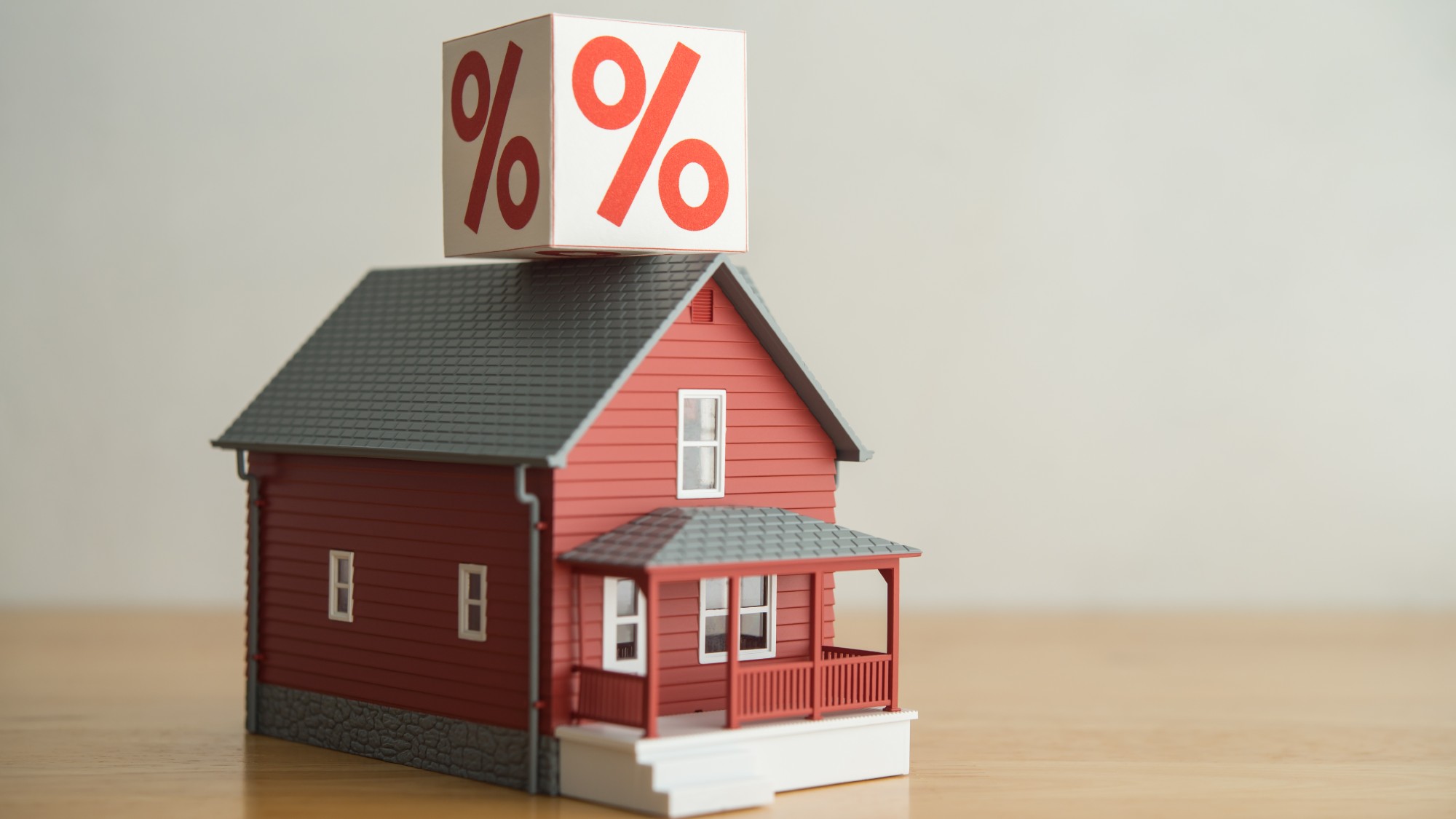 How will Fed rate cuts affect the housing market?
How will Fed rate cuts affect the housing market?the explainer An anticipated series of Federal Reserve cuts could impact mortgage rates
-
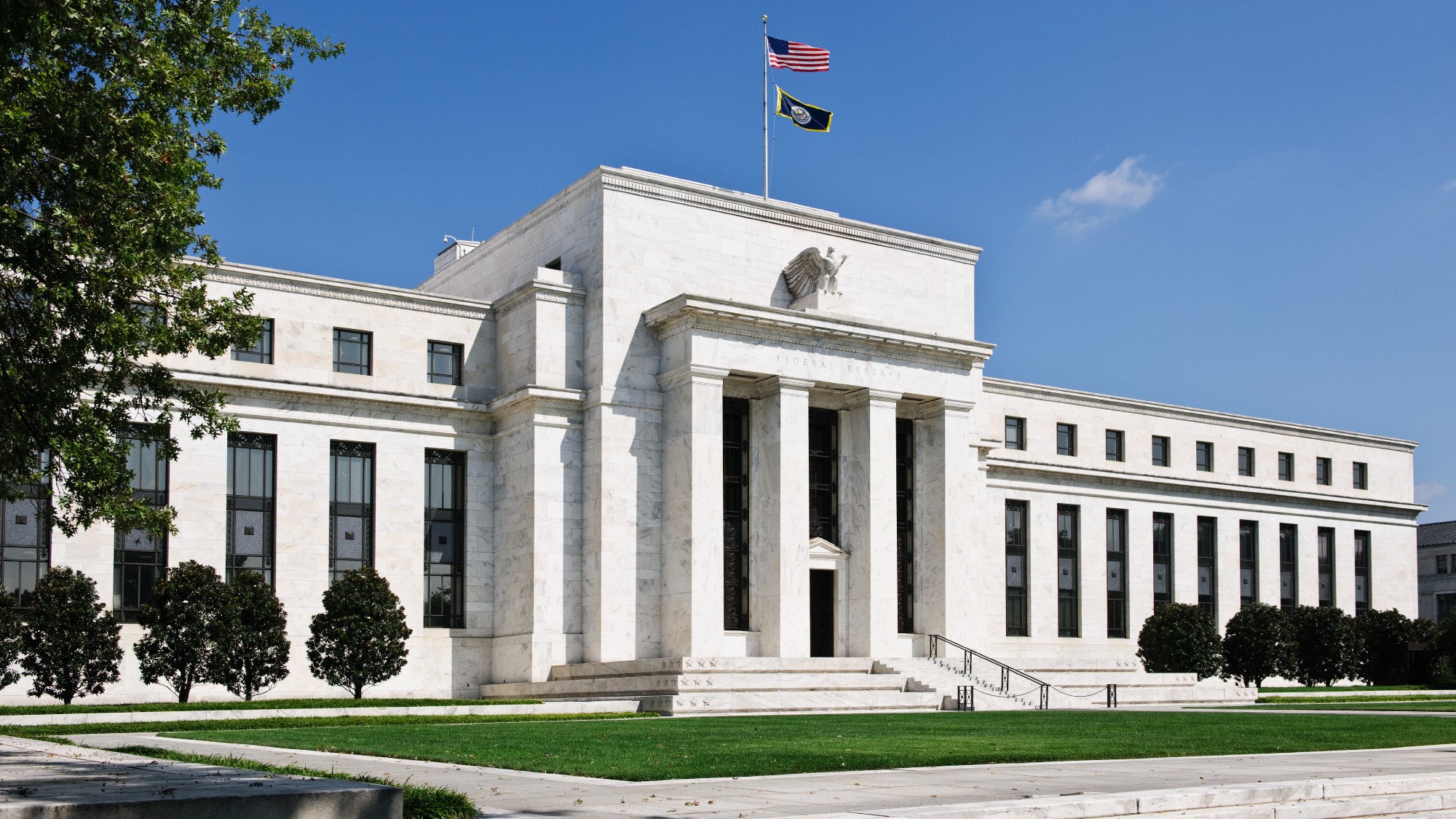 What is the Federal Reserve and what does it do?
What is the Federal Reserve and what does it do?The explainer The decisions made by the United States' central banking system have very real economic effects
-
 What are certificates of deposit and how do they work?
What are certificates of deposit and how do they work?The Explainer CDs may be the right solution for your savings goals
-
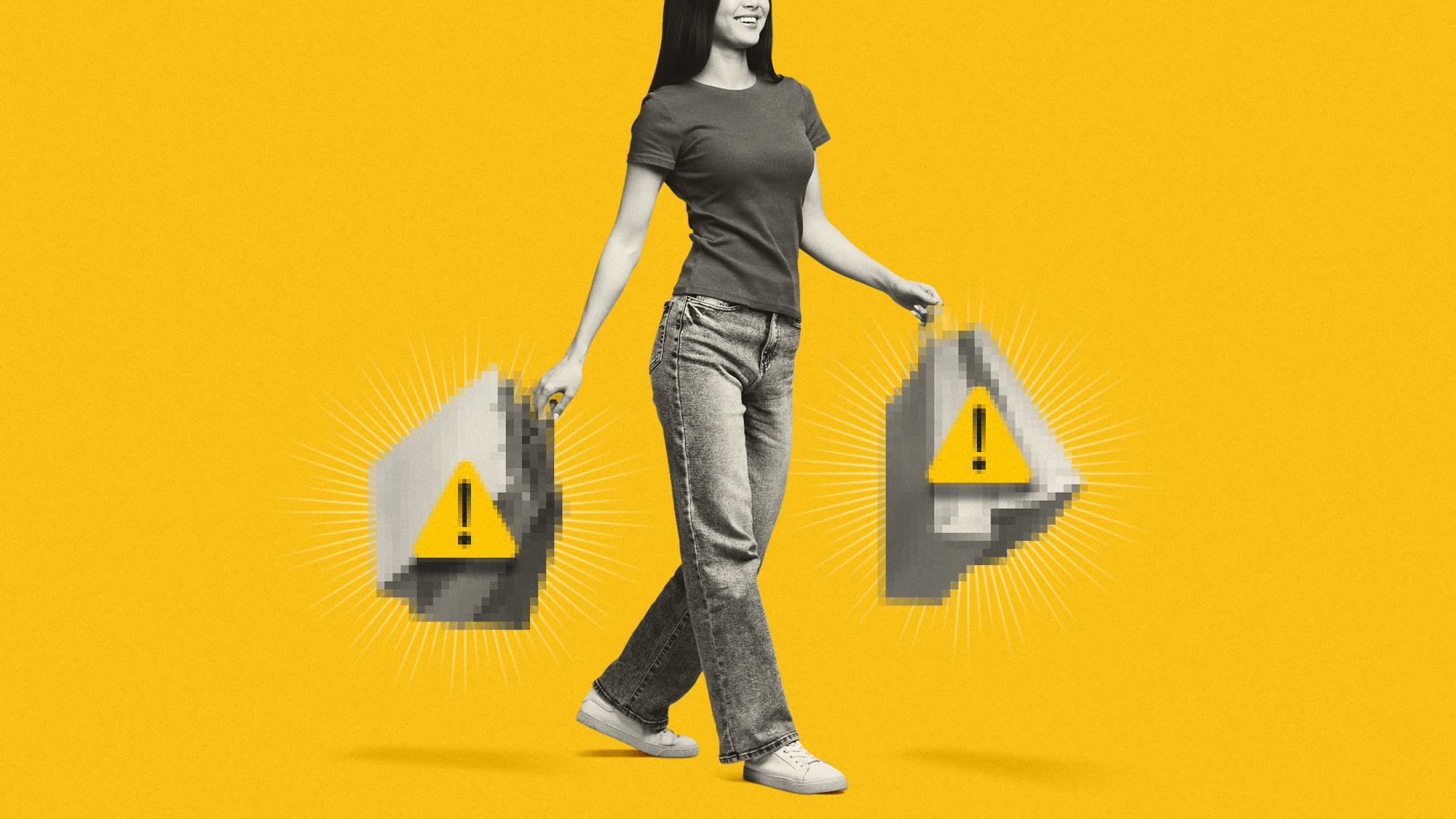 With economic uncertainty, 2025 looks to be a 'No Buy' year
With economic uncertainty, 2025 looks to be a 'No Buy' yearIn the spotlight Consumers are cutting back on splurges to combat overconsumption
-
 3 tips to lower your household bills
3 tips to lower your household billsThe Explainer Prices on everything from eggs to auto insurance to rent have increased — but there are ways to make your bills more manageable
-
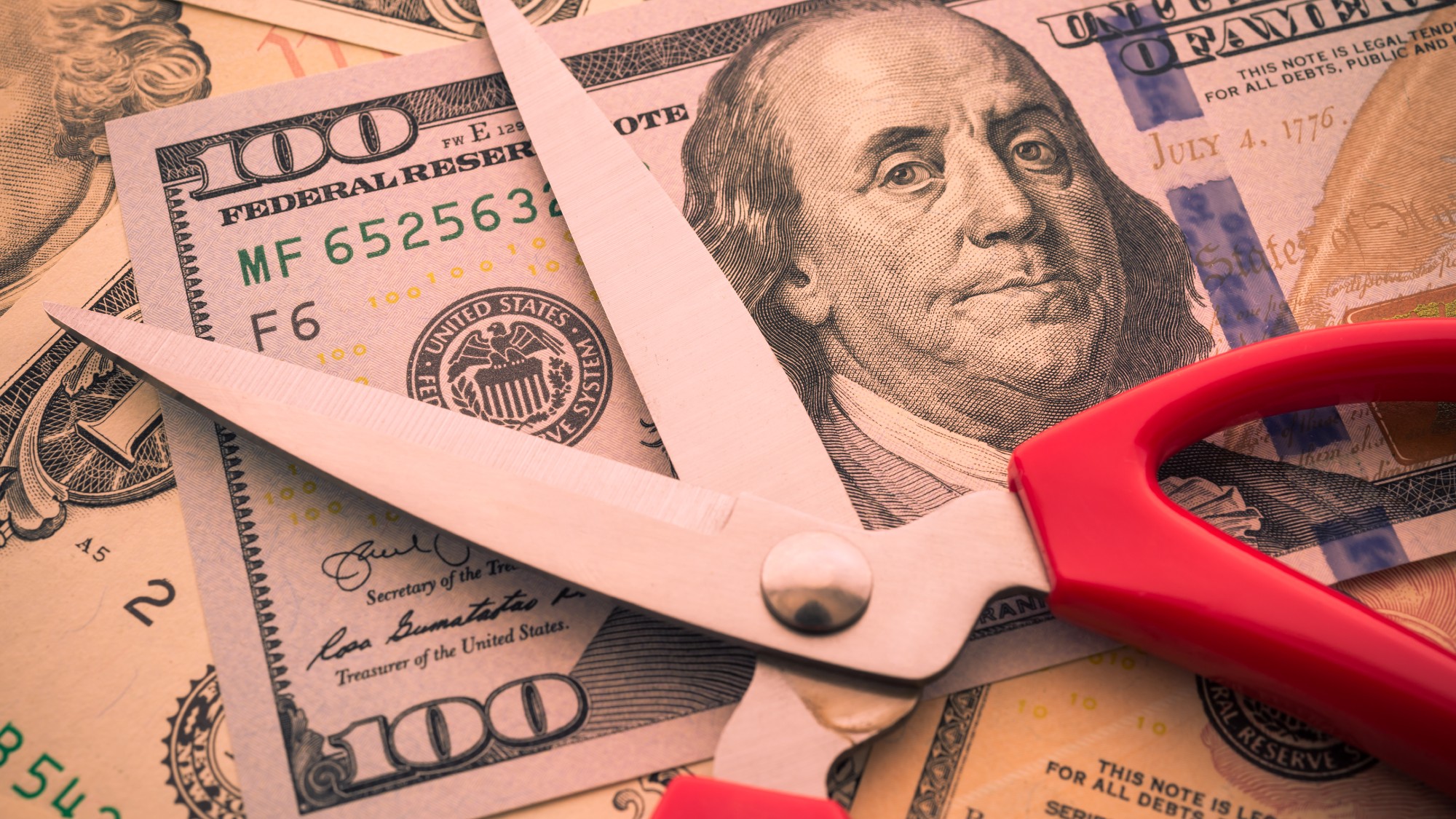 Where should you stash your savings after the Fed rate cut?
Where should you stash your savings after the Fed rate cut?The Explainer You will not be earning as much on savings rates, so you may want to make some changes
-
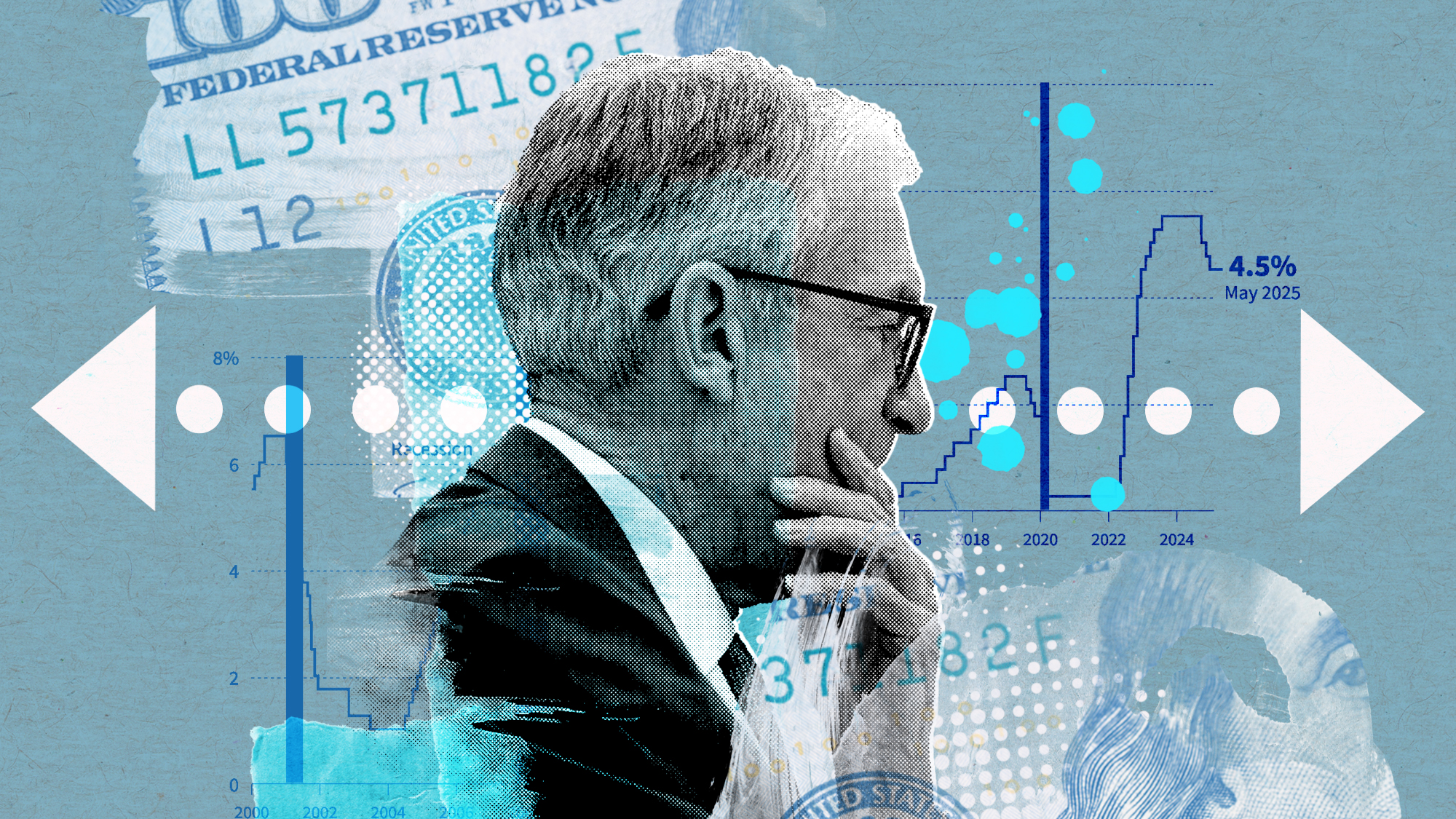 What's next for US interest rates?
What's next for US interest rates?The Explainer A pause after a series of cuts